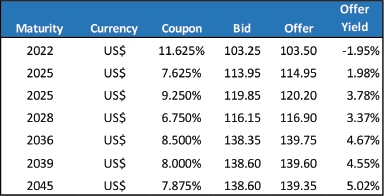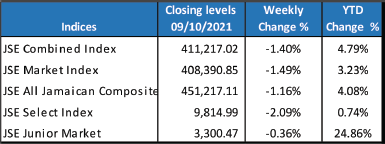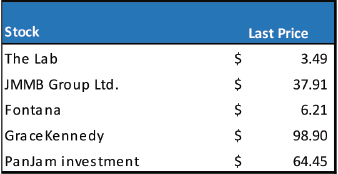DIVIDEND BASICS
Dividends are payments a company makes to share profits with its stockholders. These payments are one of the ways investors earn an income from their investment without selling their stocks.
You may have already received dividends on your stocks but you might not be aware of the actual timeline that determines who qualifies for a dividend payment. Having an understanding of these dates will help you determine if and when a dividend will be paid to you.
When are dividends paid?
A company’s board of directors determines when and if it will pay a dividend. Companies that pay a dividend often do so quarterly, semi-annually or annually.
How do I know whether I qualify for dividends?
As a shareholder, you must own the stock on or subsequent to a particular date selected by the company’s board of directors in order to be eligible for the dividend payout.
There are four critical dates you need to be familiar with: the declaration date, the record date, the ex-dividend date and the payment date.
The Declaration date
This is the date that the company’s board of directors announce that they will be paying a dividend. At this time, information about the size of the dividend, the date of record and the payment date is also disclosed. The company is legally responsibility to pay the dividend once it has been declared










